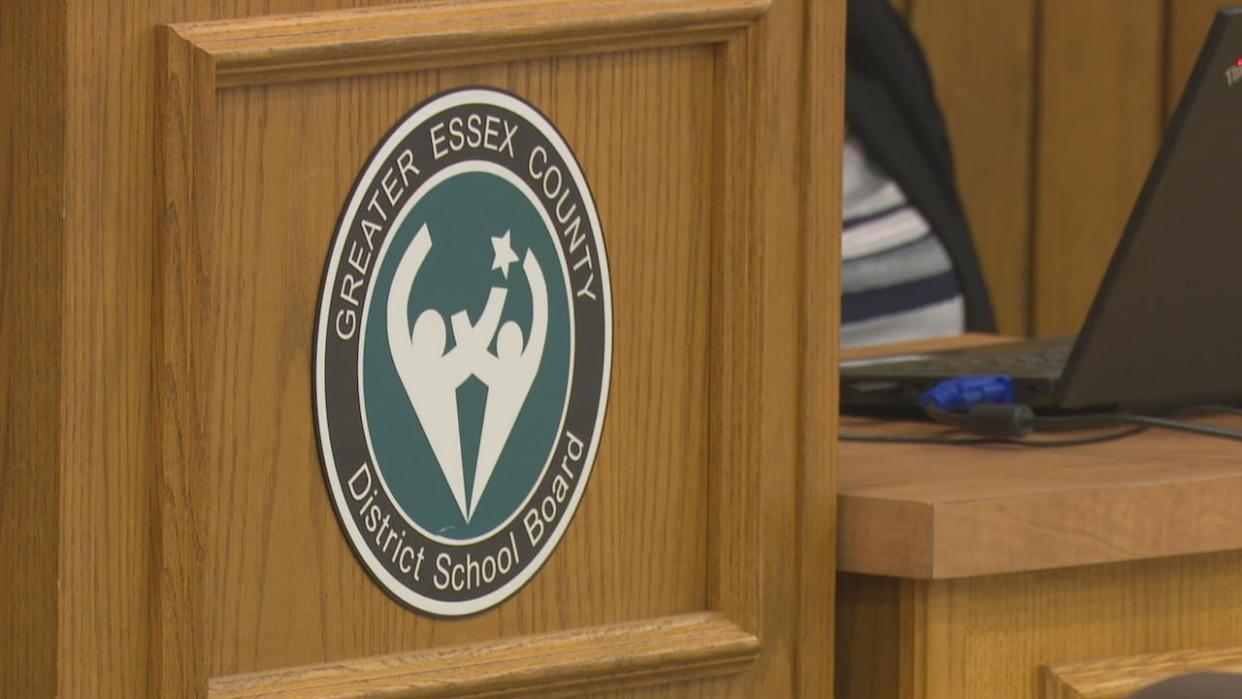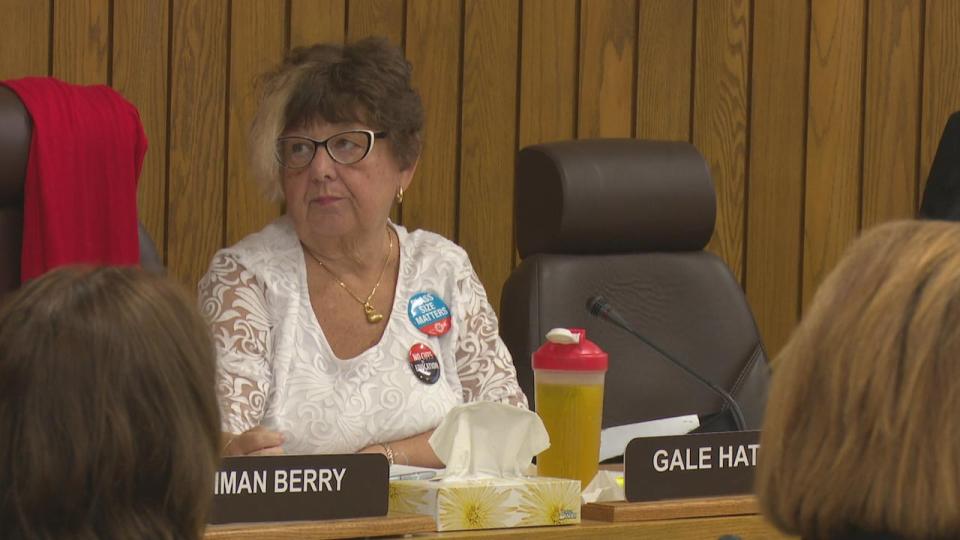Windsor-Essex public board says teaching most vulnerable children impossible with current staffing levels

Students with special needs are not getting the education that they deserve from the Greater Essex County District School Board because of on-going staff shortages, according to a letter sent by the chair of the board of trustees to Ontario's education minister.
Chair Gale Hatfield said that the board is recruiting university and college students in related fields to work as emergency replacements for the 50 to 100 educational support staff that the board is short each day,
Hatfield, in a letter sent to the Minister Stephen Lecce last month, described the situation as a crisis and called for urgent action to address the board's most substantial concern: financial compensation for support staff.
"It's not that we don't want to hire, they're just not there," said Hatfield, who added that the board needs staff like Early Childhood Educators, Educational Assistants, Child and Youth Workers and Developmental Service Workers to work with students who have special needs.

Board chair Gale Hatfield said this issue has been around since before the pandemic. (Sanjay Maru/CBC)
Hatfield said Lecce has not responded to the letter which she said is the latest effort the board has taken to get action on an issue that started before the pandemic.
This is the second year in a row where the GECDSB has written Lecce about issues related to funding for special education programs.
MPP asks where disconnect is with additional funding
When asked about the concerns raised, Windsor-Tecumseh PC MPP Andrew Dowie said that the provincial government has launched initiatives designed to attract people to seek out careers as educational support workers alongside historic amounts of annual funding for the education system.
Dowie said he has heard first hand from parents who are worried about the quality of their child's education.
"We've had many, many parents who have reached out concerned for the well-being of their children and that's what a great parent does," he said.
"At the top line, there's a significant amount of new funding for for the board. So I'd like to understand better where where there might be a disconnect between the the additional funding being provided and the situation at hand."
Balancing trust with being a helicopter mom
Meanwhile, the continued staffing shortages at the GECDSB has a member of the board's Special Education Advisory Committee (SPEAC) considering withdrawing her child from school.
Joanna Conrad's daughter is in third grade at a public school in Windsor-Essex.
Her daughter is taught and cared for by a team of three people: a teacher, an early childhood educator and a developmental support worker.
Conrad said that routine and structure for her daughter, a student who is non-verbal in a Giving Attention to Individual Needs (GAINS) classroom, is essential.
"I'm expecting that my child has certain environment that she is prepared to learn and thrive in and and I just don't feel that her walking into a room of strangers is going to be conducive for her, not knowing who she is and how she responds to unfamiliar faces," she said.

Joanna Conrad sits on the Special Education Advisory Committee for the Greater Essex County District School Board. (Tahmina Aziz/CBC)
Conrad said that there was recently a three day stretch when the entire team that works with her daughter was unavailable.
She said she wasn't told until after it occurred and she isn't confident that there was the proper amount of qualified staff in place for her daughter during that time.
"I'm trying to teeter-totter between being the helicopter mom and being understanding of the staffing and trying to play both sides here without upsetting people," said Conrad.
"But this was sort of the straw that made me very upset."
Conrad said she's heard of situations where there is not enough staff to assign students who require a direct support person with individual education plans. She said that results in outbursts that disrupt classrooms.
"Then the the school is contacting the parents saying 'We might need to explore alternative measures for your child because they are exhibiting these ongoing behavioural outbursts.'
"But it's like, but hold on, why is this now the child's fault? At the end of the day, you know that this child needs a support person in order to be successful."
Shrunken workforce a potential factor
Hatfield said that the board's shortages are to the point where administrative staff are covering off classrooms while jugging there other responsibilities.
"I think we do our best to minimize the impact of the students by filling in with other staff," she said.
"But you know, but then it's the staff that bears the brunt of that."
Hatfield said that the issues go as far back as 2019 and that wages are the issue.
In her letter, Hatfield said that people working in support jobs make a little more than minimum wage with the public board but can in some cases make twice as much working at the Windsor-Essex Catholic District School Board.
"We're just not getting any support from the Minister of Education at this point in time to find good solutions," said Hatfield.
"I know that the school board struggles to find the right solution, and we haven't yet over the years that we've brought this to the attention of the ministry... been offered any viable solutions."
Earlier this year the Canadian Press reported that early childhood educators in Ontario are among the lowest paid in Canada.
A month later, Lecce said that wage floor for those jobs would jump to $23.86 an hour, a move Dowie highlighted when asked how the province plans to address the shortage.
"The the workforce appears so shrunken and the available workforce is just not there," he said.
"If there isn't a person available who's trained to occupy a role that we funded through this program then that doesn't help things."
Dowie added that the province needs to encourage those types of careers and that if the workforce is not available in the meantime that funding be made available for teachers to take additional training.

 Yahoo News
Yahoo News 
